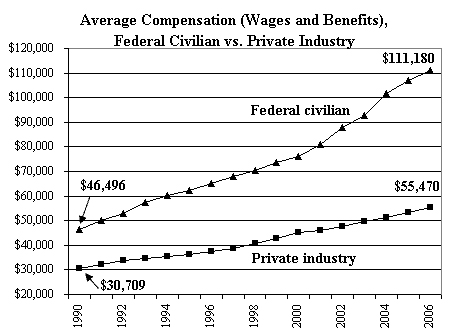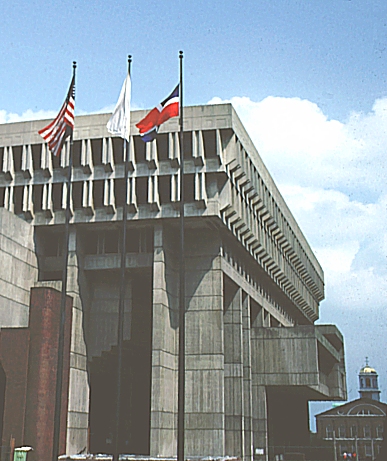Al Gore says that current global temperatures are the highest they have been in 1000 years. A new study by the Institute of Astronomy in Zurich says that the "sun is more active now than it has been at anytime in the previous 1,000 years." Related?
Sunspots have been monitored on the Sun since 1610,
shortly after the invention of the telescope. They provide the
longest-running direct measurement of our star's activity.
The variation in sunspot numbers has revealed the Sun's 11-year cycle of activity as well as other, longer-term changes.
In particular, it has been noted that between about 1645 and 1715, few sunspots were seen on the Sun's surface.
This period is called the Maunder Minimum after the English astronomer who studied it.
It coincided with a spell of prolonged cold weather
often referred to as the "Little Ice Age". Solar scientists strongly
suspect there is a link between the two events - but the exact
mechanism remains elusive....
But the most striking feature, he says, is that
looking at the past 1,150 years the Sun has never been as active as it
has been during the past 60 years.
Over the past few hundred years, there has been a steady
increase in the numbers of sunspots, a trend that has accelerated in
the past century, just at the time when the Earth has been getting
warmer.
The data suggests that changing solar activity is influencing in some way the global climate causing the world to get warmer.
Of course, these poor scientists know that they could lose their jobs and be called Holocaust deniers if they don't acknowledge anthropomorphic global warming, so they do say:
Over the past 20 years, however, the number of
sunspots has remained roughly constant, yet the average temperature of
the Earth has continued to increase.
This is put down to a human-produced greenhouse effect caused by the combustion of fossil fuels. (HT: TJIC)
Which may actually be the case, but it is interesting that astronomers feel the need to say this without any evidence of such in their own study just to protect themselves from ostracism by the climate religionists.
However, even if the two are working in concert, the fact that solar activity explains some of the 20th century warming means that current climate models are WAY overestimating the impact of anthropomorphic warming.
For example, the climate models in the current 2007 IPCC report assume that the world would have experienced no warming in the 20th century without man. This is from Section 8, actual is the black line, the models without man are in blue, the models with man are in red:

In other words, the IPCC models completely ignore the increasing solar activity and assume 100% of 20th century warming was due to man-made effects, even the substantial warming before 1940 (and before the onset of truly heavy world-wide fossil fuel use).
Already, the models used by the IPCC tend to overestimate past warming even if all past warming is attributable to anthropomorphic causes. If anthropomorphic effects explain only a fraction of past warming, then the current models are vastly overstated, good for stampeding the populous into otherwise unpopular political control over the economy, but of diminished scientific value.
Postscript: I cannot prove this, but I am willing to make a bet based on my long, long history of modeling (computers, not fashion). My guess is that the blue band, representing climate without man-made effects, was not based on any real science but was instead a plug. In other words, they took their models and actual temperatures and then said "what would the climate without man have to look like for our models to be correct." There are at least four reasons I strongly suspect this to be true:
- Every computer modeler in history has tried this trick to make their models of the future seem more credible. I don't think the climate guys are immune.
- There is no way their models, with our current state of knowledge about the climate, match reality that well.
- The first time they ran their models vs. history, they did not match at all. This current close match is the result of a bunch of tweaking that has little impact on the model's predictive ability but forces it to match history better. For example, early runs had the forecast run right up from the 1940 peak to temperatures way above what we see today.
- The blue line totally ignores any of our other understandings about the changing climate, including the changing intensity of the sun. It is conveniently exactly what is necessary to make the pink line match history. In fact, against all evidence, note the blue band falls over the century. This is because the models were pushing the temperature up faster than we have seen it rise historically, so the modelers needed a negative plug to make the numbers look nice.



